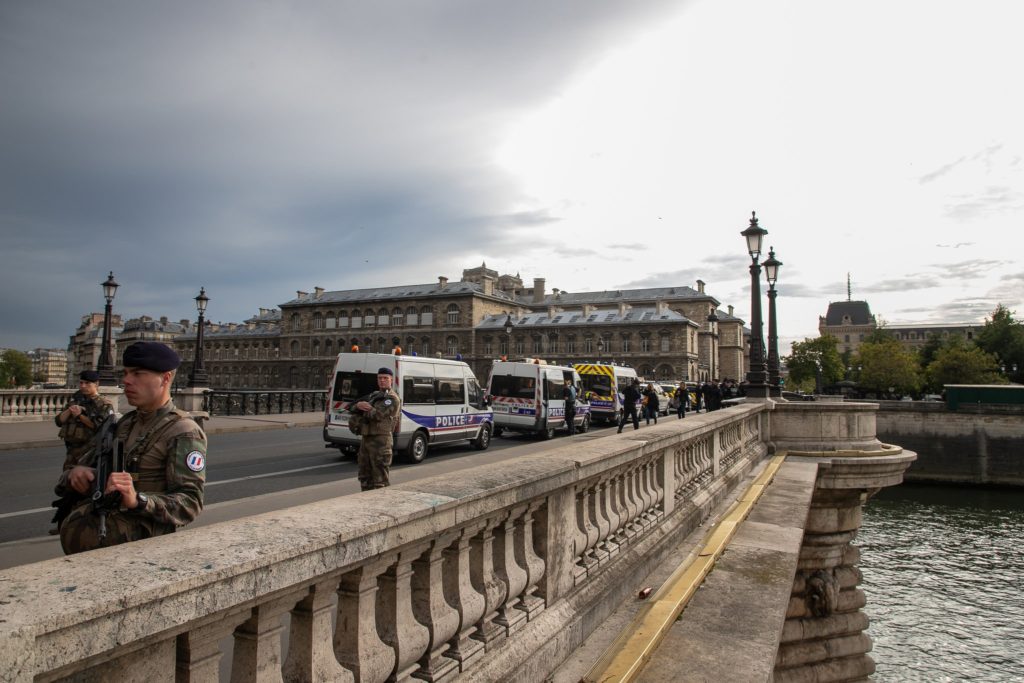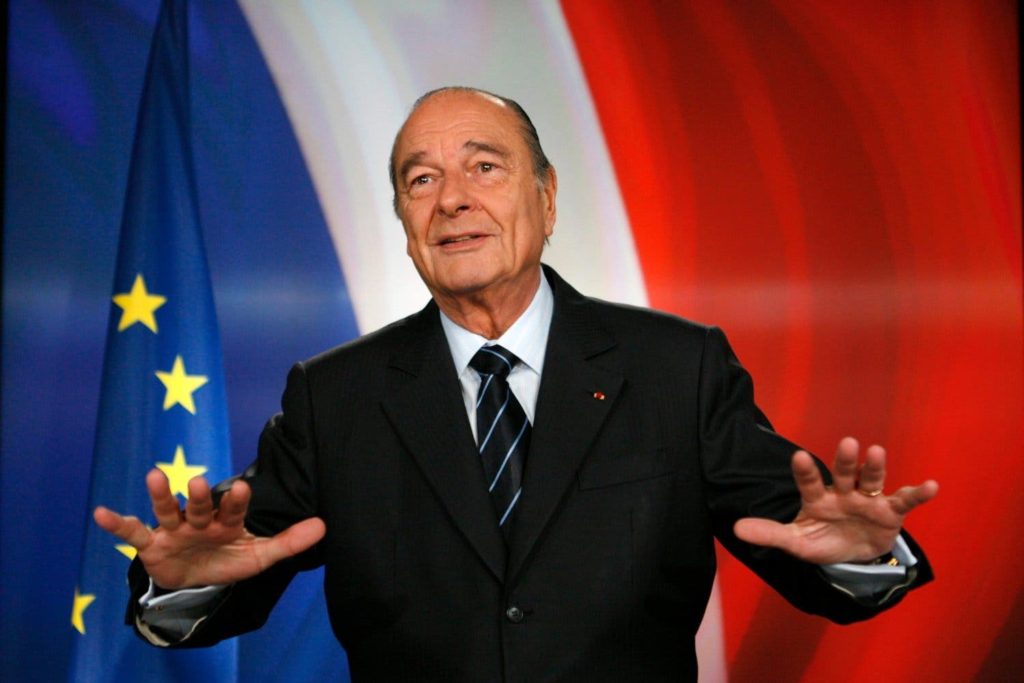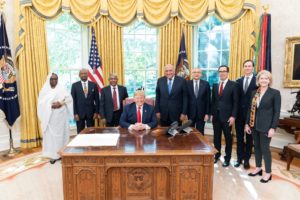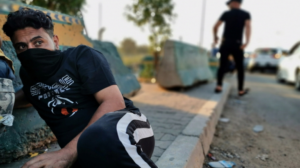
A bridge connecting Île de la cité, where the police headquarters is located, to the rest of Paris proper.
Photo courtesy of The New York Times
At three o’clock in the afternoon, on the last day of September, a whole country stood in silence. Jacques Chirac was the President of France from 1995 to 2007, and before that served as the Prime Minister of France, the Mayor of Paris, the Minister of the Interior, and in several other prominent political posts. At the age of 86, he passed away on Thursday, September 26.

Photo courtesy of Philippe Wojazer/Reuters/ via The New York Times
In his honor, Monday September 30 was declared a national day of mourning, and leaders from all over the world came to pay their respects. Flags all over the country were flown at half-mast, and Chirac’s coffin made its way through the boulevards of Paris by military escort, culminating in a final service at the Saint-Sulpice Church. At precisely three o’clock in the afternoon, a nationwide moment of silence was observed in his honor. This is only the 8th day of mourning that has been declared during France’s Fifth Republic, with the others having been for the deaths of other former presidents Charles de Gaulle, Georges Pompidou, and François Mitterrand; and after the 2001 September Eleventh terrorist attacks in America, the attacks in Paris of January and November of 2015, and in Nice in 2016.
Exactly one week following Chirac’s death, tragedy struck Paris once again. After almost twenty years of work within the Paris Police Prefecture, 45-year-old Mickaël Harpon went on a stabbing spree that killed four of his coworkers and seriously injuring another, before ultimately being shot down by the police. The attacks took place at the Paris Police Headquarters, situated on the same small island in the center of Paris as the Notre-Dame cathedral. Immediately following the attacks, the entire island was shut down, and all roads in the general vicinity were cordoned off. Chaos reigned as sirens wailed nonstop for hours following the attacks, as more police rushed to the scene, as well as ambulances, and President Macron himself. Although the attacks were contained to the police station, they sparked fear throughout Paris as talks of links to terrorism arose due to the perpetrator’s ties to Islam and vocalization of his support for the 2015 Charlie Hebdo attacks.
Twice this week, the country of France has been in mourning. Following the death of Chirac, the people found themselves coming together to remember the life of a prominent political figure, who had remained fairly popular even as he stepped out of the political spotlight. Unfortunately the unity was not to last, as the actions of Harpon left the country scared and feeling helpless, trapped in chaos as the city of Paris struggled to wrap their heads around what had occurred. If something that awful can happen in the headquarters of the police, the group that is the most prepared for events like these, what’s to stop it from happening somewhere else, in a larger capacity?
Fortunately for the citizens of Paris, they were able to put away their fears on Saturday night, even if just for the night, as the city indulged in its annual “White Night” – a night of arts, music, and festivities that lasted until dawn. It may have been just the respite Parisians needed from the tragedies of the week that they had just endured.
Anissa Weisel


